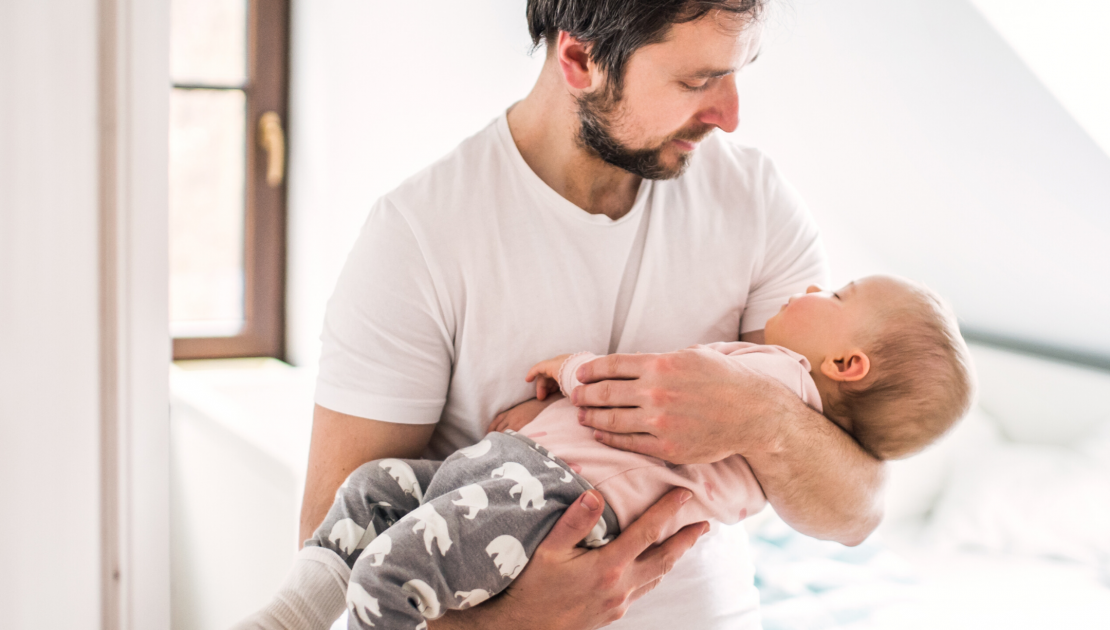

Tips to Survive Sleepless Nights as a New Parent
Babies bring great joy to our lives, but they can also bring sleepless nights, especially in the early days.
Life with a newborn can be a blur for many new parents, thanks in no small part to disrupted sleep. That doesn’t mean you’re doomed to walking around like a zombie until your baby sleeps through the night (or moves out, whichever comes first). Accepting that you will not get the same amount of uninterrupted sleep you’ve been used to is the first step, but you can make a few other changes to get as much rest as possible.
Prioritise Sleep
New parents often feel like they need to sacrifice themselves and their well-being for their baby — and to meet the expectations of friends and relatives. However, trying to pretend you have it all together and running on just a few hours of sleep is not doing you or your baby any good. The more sleep-deprived you are, the more likely you are to be cranky and irritable. Additionally, your decision making can become impaired which, in turn, could put you at risk of an accident. Don’t be afraid then, to prioritise sleep above things that are not important, like washing dishes or doing laundry.
If your family or friends ask how they can help, ask them to watch the baby while you take a nap, or better yet, ask them to help out with some of those chores so you can get some needed rest. Never apologise for turning down visitors because it interferes with naptime or asking for the support you need.
Take Care of Yourself
When it feels like every moment of your day is devoted to caring for another person, it is easy to put your own needs last and forget to do basic things like eating, staying hydrated, or resting. This often leads to bad habits like drinking too much caffeine, eating poor quality food, and skipping exercise, all of which can affect your sleep. As best you can, focus on taking care of yourself.
Ask your partner to help you prep some healthy foods in advance so you can enjoy a salad while the baby snoozes, and drink plenty of water throughout the day. And while hitting the gym may not be an option right now, taking your little one out for some fresh air and strolling around the park or neighbourhood can help you sleep better at night.
Talk to Your Doctor
Not all sleeplessness after the baby is down to late-night feedings and schedule disruptions. Postnatal sleep disorders are common and can be associated with postpartum mental health disorders. If you find that you cannot get to sleep due to worry, for example, it’s best to talk with your healthcare provider and work together to find a solution.
Ongoing sleep deprivation can increase your risk of other significant health issues, including diabetes, heart disease, hypertension, and anxiety, not to mention impair your functioning and ability to care for your infant.
If you spot signs of a serious sleep problem, including trouble concentrating, mood swings, blurred vision, or significant changes in your appetite, it’s time to get help.